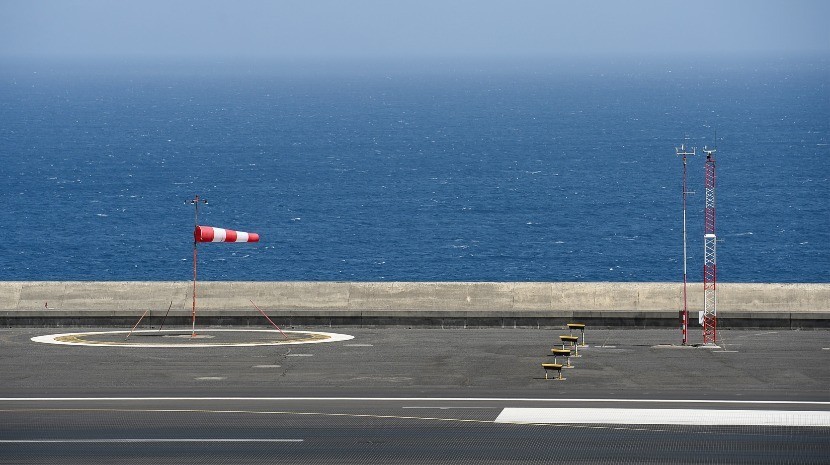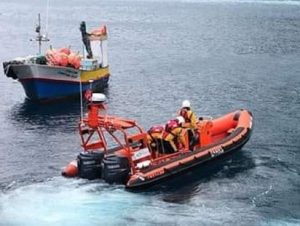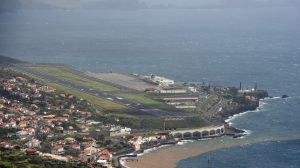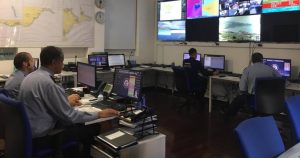NAV Portugal EPE – Navegação Aérea de Portugal published today, in Diário da República, the announcement of a public tender for the supply and installation of a system for detection and warning of turbulence and wind shear at Madeira Airport. The procedure has a base value of €3.5 million.
The opening of the tender for the acquisition of X-Band Radar and Lidar takes place after several demands by the Regional Government to improve the operation of that airport infrastructure which is often affected by adverse weather conditions. The new equipment, whose acquisition has suffered numerous delays, will make it possible to collect more up-to-date, complete and reliable data than the information the IPMA can currently provide, as well as carry out a more accurate wind measurements.
Last year, a working group created by the Government of the Republic concluded, among other things, that the acquisition of the aforementioned radar equipment is essential to the airports operationality.
On the 10th of February 10 this year, Egídia Martins, a member of the board of directors of NAV, said, in a parliamentary hearing at the Legislative Assembly of Madeira, that the company was in a position to proceed with the public tender, provided that it obtained a State Funding guarantee. Subsequently, it was mentioned that the financing for the acquisition of equipment was already guaranteed in the NAV budget.
More recently, in May, a team made up of elements from the Instituto Português do Mar e da Atmosfera (IPMA), Portuguese Air Navigation (NAV) and ANA – Aeroportos de Portugal visited the Region. During their technical visit, the Regional Secretary for Tourism and Culture accompanied them, gaining clarity on the public tender specifications, and any updates required with regards to the acquisition of the radars and specific equipment.
Reacting to the news, the Regional Secretary for Tourism and Culture, Eduardo Jesus, announced that he is pleased that the tender has been announced, stating that for several years the Government of the Region has drawn attention to the importance of the equipment in question as a way of ensuring greater operability at Madeira Airport. “When flights are cancelled or planes are forced to diverge because of the winds subject to the limits imposed in 1964, this creates uncertainty for companies and removes competitiveness from the infrastructure that is the biggest gateway to the Region. This type of radar is installed in other airports across the world, optimising their operations. This is what we need to happen in Madeira, and it can’t come quickly enough!”










